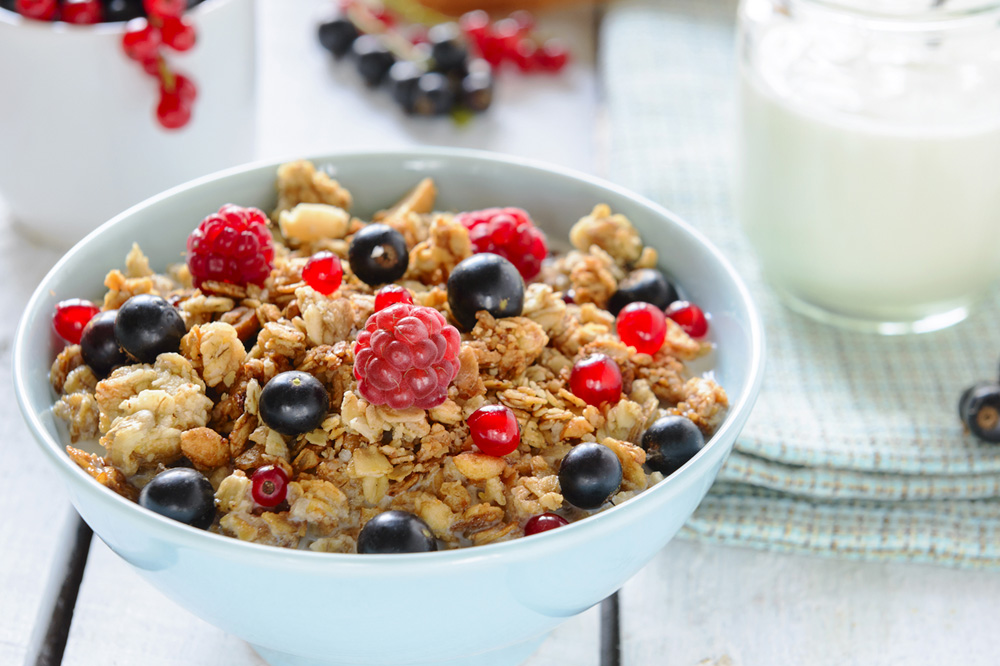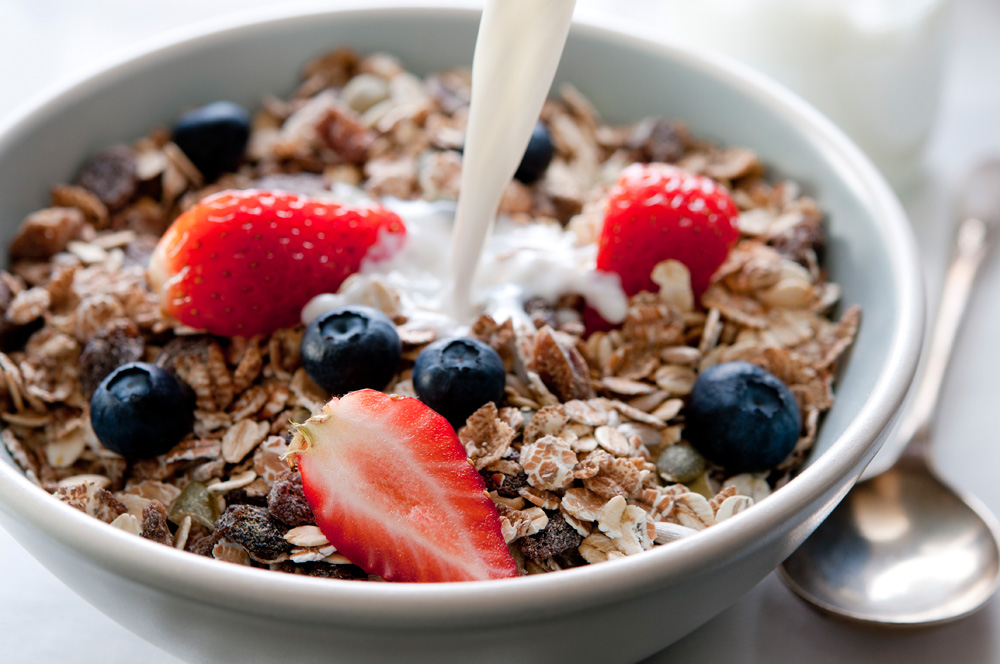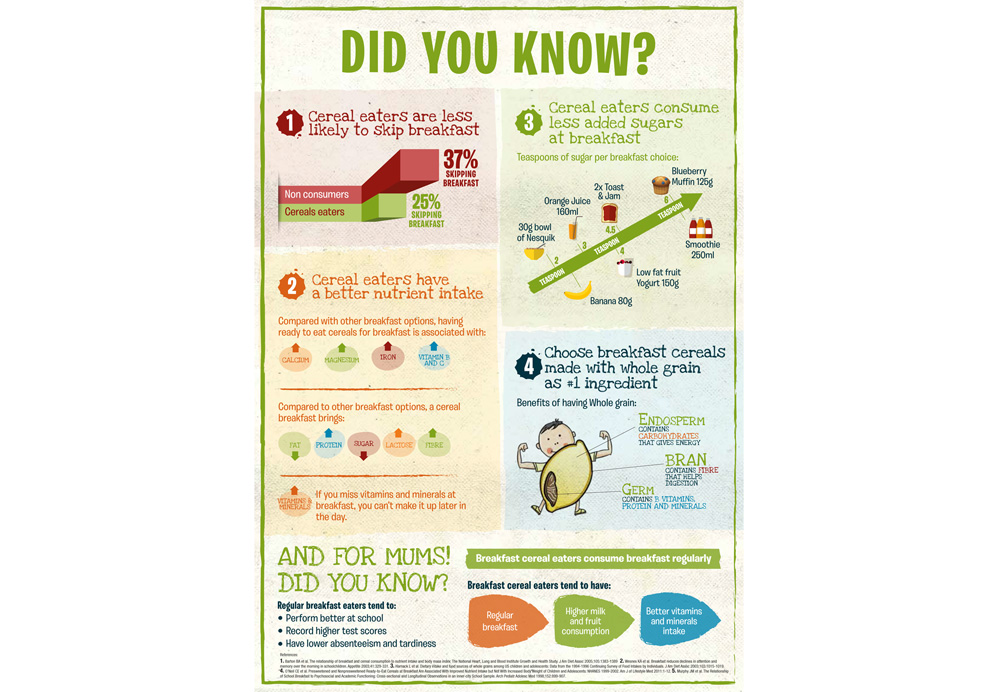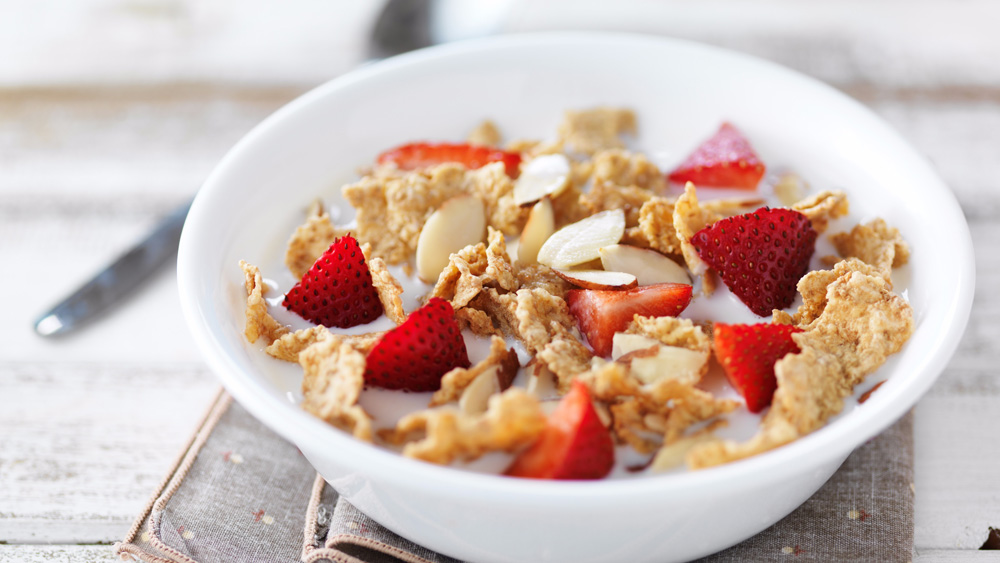
Your morning sets the tone for the rest of your day and one of the best ways to ensure a great start is a healthy and balanced breakfast. You’ve surely heard it’s the most important meal before and nutrition experts haven’t changed their minds. As Maria Baghdoyan, Corporate Nutritionist at Nestlé Middle East, explains, that’s because the morning meal provides the body with the energy and nutrients needed to kick-start the day. It also prepares it for a day full of activities.
What’s more, if you’re raising a young family, it’s important to make sure your children eat breakfast regularly. According to Baghdoyan, children who always eat breakfast have a more balanced diet, consume more fruits and milk and lead healthier lifestyles than those who skip it. In addition, research shows that children who don't eat their morning meals may not make up for the nutrients they miss. Plus, research has shown kids are more likely to be overweight if they skip breakfast or have smaller meals, which in turn affects their day-to-day performance in school as well.
Why is a bowl of cereal one of the healthiest breakfasts?

During the 19th century, Americans ate cereal, which was first created as simple nuggets of bran, to regulate a meat-heavy diet. Fast-forward to today, it’s a favourite breakfast food known for providing various health benefits.
According to Baghdoyan, the key to a nutritious breakfast is variety, which can be achieved by including all or most of the four food groups. So one of the most balanced breakfasts is a bowl of whole grain breakfast cereal and milk, along with a fruit. This option provides adequate energy for the body as well as a variety of essential nutrients such as the B-vitamins, iron, zinc and calcium specifically needed for children’s growth and development. Baghdoyan lists some more reasons to enjoy some milk-sopped spoons along with your family:
- Breakfast cereal is a low fat, nutrient-dense and cholesterol-free food that is often fortified with essential vitamins and minerals. It plays a key role in helping consumers of all ages move towards a healthy, balanced diet.
- Ready-to-eat breakfast cereal encourages increased consumption of milk and possibly fruit. Consuming milk and milk products (yogurt and cheese) is associated with overall diet quality and adequate intake of several nutrients, including calcium, potassium, magnesium, zinc, riboflavin, folate and vitamin D among children and older adults.
- Breakfast cereals help promote bone health and development thanks to the calcium, vitamin D and protein provided from the milk and milk products that are often consumed with them.

Why Opt For Whole Grains?
Whole grains have all the parts of the original kernel - bran, germ and endosperm - in the original proportions, and these deliver a package of important nutrients, explains Baghdoyan. She also says fibre is another major reason to eat whole grains. Adults need about 25 to 35 grams of fibre daily, and whole grains contain two types - soluble and insoluble - which are both beneficial to your health, according to the nutritionist.

Here are some of the key nutrients found in whole grains, which can boost heart health, help control weight, offer balanced nutrition and prevent digestive problems.
- Fibre: The bran provides most of the fibre in whole grains.
- Vitamins: Whole grains are particularly high in B vitamins, including niacin, thiamin and folate.
- Minerals: They also contain a good amount of minerals, such as zinc, iron, magnesium and manganese.
- Protein: Whole grains provide several grams of protein per serving.
- Antioxidants: Several compounds in whole grains act as antioxidants. These include phytic acid, lignin and sulfur compounds.
- Plant compounds: Whole grains deliver many types of plant compounds that play a role in preventing disease and these include lignans, stanols and sterols.



























